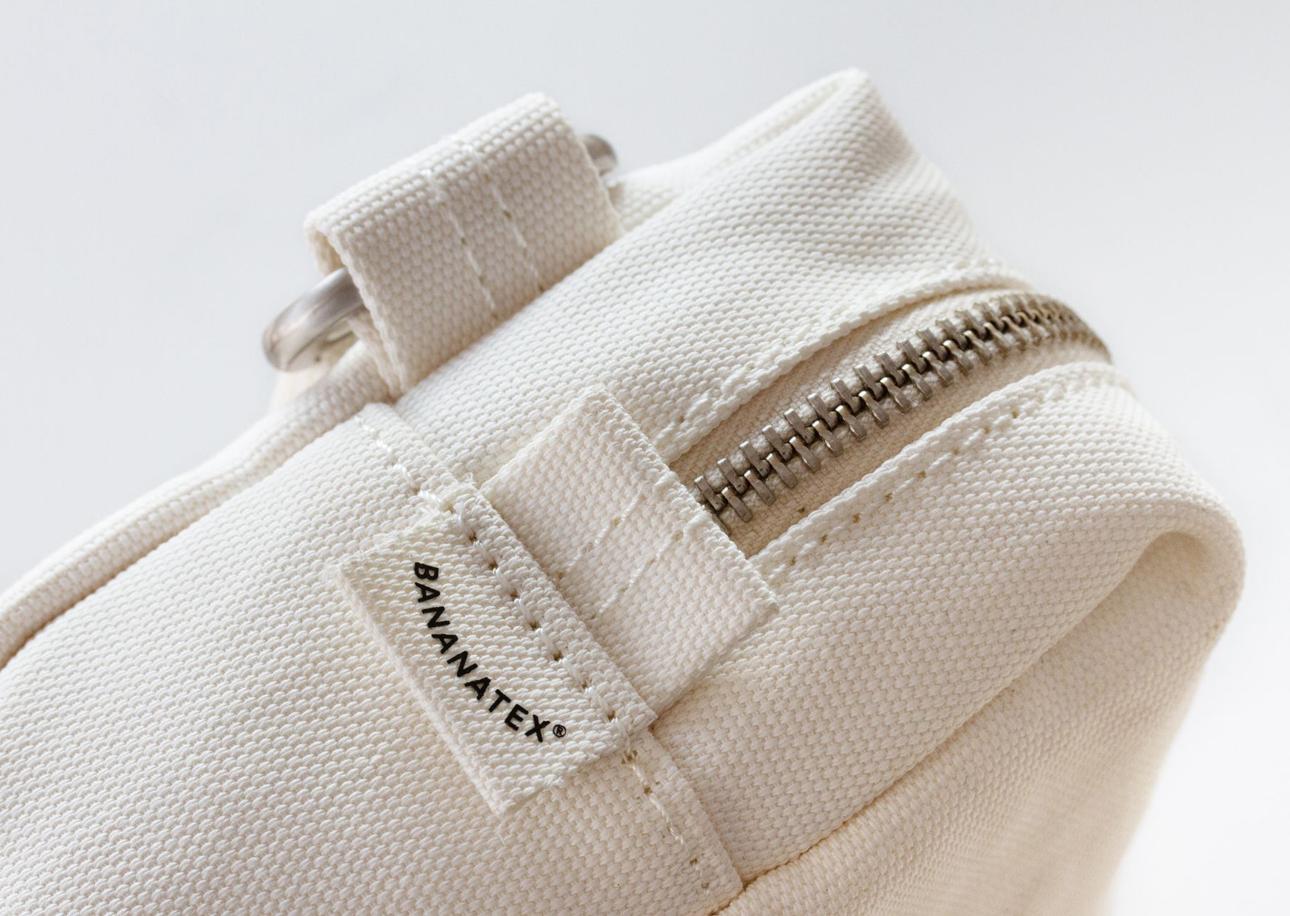Black Grills: Homage to the Asian Tradition of Blackened Teeth, Once a Mark of High Status
Courtesy of @sailorr Sailorr and Molly Santana’s black grills fuse hip-hop swagger ...

In recent years, we have become more aware of the fashion industry’s incredibly damaging practices, including the frightening amounts of pollution, microplastics, and petroleum it generates. In an effort to reverse decades of damage, innovators around the world have been developing new techniques and fabrics that make use of existing natural materials and will not pollute the environment once we are done with them. QWSTION is the most recent on our radar of those transforming fruit into threads.
The Swiss bag brand has developed a novel fabric produced from banana plant fibres. Sebastian Kruit founded QWSTION with the goal of creating flexible bags for everyday use that are both stylish and environmentally friendly. “We chose to develop our own materials and use natural fibres wherever possible to achieve the highest sustainability,” says QWSTION. “Using organically grown fibres and PFC-free water-repellent coatings allows us to avoid harmful substances and make healthy products.”
Joining QWSTION’s organic cotton canvas is Bananatex, a new shell (outer layer) fabric created in collaboration with Philippino farmers and Taiwanese yarn specialists. Abacá (species of banana native to the Philippines) requires no pesticides, fertilizer, or supplemental water when grown in a natural habitat of sustainable forestry in the Philippines. Because of its self-sufficiency, it has contributed significantly to the regeneration of areas once eroded by palm plantations, while also boosting the income of local farmers. The raw material is extremely sturdy and long-lasting, making it an excellent choice for everyday bags and rucksacks.
Cutting the plants, collecting the fibres, and transporting them to a factory to be made into paper are all part of the material’s creation. The yarn is spun, woven, and sealed with beeswax to create a waterproof covering. This fabric can be biodegraded without affecting the environment when it is no longer in use.
The fabric is now being used in the manufacturing of apparel such as sneakers, daybed layers, bags and accessories. H&M has collaborated with Good News, a London-based sneaker brand, to create a unisex collection of footwear made from Bananatex. Since April 2021, the collection, which is H&M’s first shoe collaboration using innovative materials, has been available on the Swedish fashion retailer’s website and in select shops.
“Working with Good News gave us such good energy and positivity. Their creativity and drive for change inspired our team. We joined forces to become better together. The collection is a bright and colourful contrast to a grey and uncertain world. I love the colours and the innovative materials,” says David Söderlund, designer at H&M.
Good News is known for its whimsical and retro-inspired sneakers created from sustainable materials such as Tencel, organic wool, hemp, and recycled rubber. This collection isn’t any different. Bananatex, in partnership with a Taiwanese yarn specialist and weaving partneri, makes up the upper of the black low top sneaker.
For more information on Bananatex, visit bananatex.info.
See also: Grape Leather, it’s so hot right now.
Courtesy of @sailorr Sailorr and Molly Santana’s black grills fuse hip-hop swagger ...
Pets, as cherished members of our families, deserve rights and protections that ...
These top 5 barber shops in Bangkok are where gentlemen can elevate ...
Wandering around the globe, try out the signature tastes of cultures across ...
Must-have gadgets for kids in the Y2K are, predictably, making a comeback ...
The feral lime-green feminine frequency that won't stop multiplying Somewhere last year ...
Wee use cookies to deliver your best experience on our website. By using our website, you consent to our cookies in accordance with our cookies policy and privacy policy